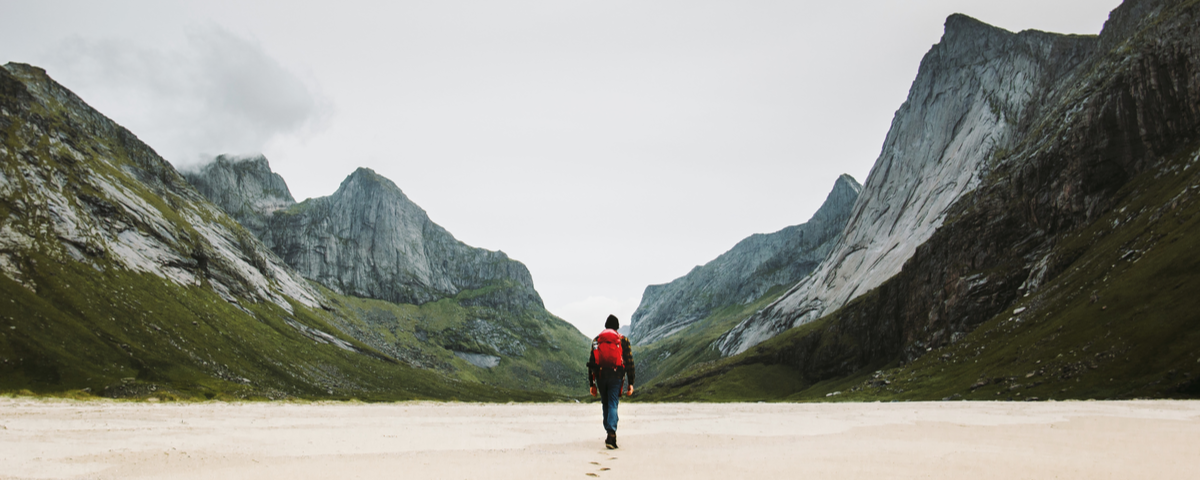“Air travel demand has grown so much year over year that the current 7-day average – DURING A GLOBAL PANDEMIC – is nearly on par with what it was at this time of year 4 years ago... think about that for a second.”
I’ve been thinking about the significance of this tweet since I first read it a couple of weeks ago. It’s from professor Ryan Katz-Rosene, who is President of the Environmental Studies Association of Canada.
In a follow up tweet, Katz-Rosene wrote: “Put differently… The world is travelling just as much by airplane in September 2020, *during the second wave of a global pandemic* as it did in September 2015.”
As Katz-Rosene explains, he is referring to the number of planes in the air, not the number of people. Another graph shared by him shows that there are “lots of planes flying around with about half to one-third of the seats unoccupied.”
I struggle to get my head round this. Our industry is collapsing. Hundreds of thousands of peoples have either lost their jobs, or are very much at risk of doing so soon.
But the skies apparently look like they did in September 2015. Back then no one was talking about aviation being in crisis. It’s as if designing an economy – or an industry – to rely on constant growth is not that resilient. As if bigger isn’t better after all.
If that is the case, should we really be looking to ‘build back better’? What if it’s no longer enough to improve the way we flog? What if we need a new horse?
Last week I read this article in Vanuatu’s Daily Post newspaper, shared on Twitter by the researcher Johanna Loehr. It discusses the future of tourism for the South Pacific island, which it says is the world’s eighth most tourism dependent nation. Rather than seek to return to the past, however, the article explains how the island is trying to do tourism differently.
It quotes the country’s Director of Tourism, Jerry Spooner, who says that “now more than ever, as we see the increasing impacts and challenges brought from external threats such as the COVID-19 global pandemic and climate change, we as a nation must do everything possible to ensure our tourism industry in the future supports the wellbeing of our people, maintains viable access to our lands and secures our sovereignty. It’s time to ensure tourism is for the benefit, and not at the expense of our people and generations to come and refer to ‘Tourism for Vanuatu’ and not ‘Vanuatu Tourism’.”
I also read this recent interview with Visit Flanders’ Marketing Director, Elke Dens. “Growth growth growth,” says Dens. “I believe we are reaching the end current of the model. I mean, we could potentially go on like this for another ten years but at what cost? It’s very human to just ignore problems. COVID-19 is just this little wave and then you have this big wave which is climate change: for how long can we afford to ignore it?”
Dens and Spooner are not anti-tourism activists. They are the people responsible for promoting their region’s tourism. But they are using this time to ask much deeper questions than how do we Build Back Better. They are asking: where do we want to go to next?
Tourism’ future won’t be saved by cleaner aviation fuels or speedier quarantine processes. These just improve the current model. They get us back to getting bigger again.
Our future will be saved by asking the people who live in the places we call destinations and they call home: what is the best your place can be? And how would you like us to help make it happen?
You may also be interested in…
- Biodiversity, eco-system services and tourism – conflict or symbiosis?
- How are biodiversity loss and human disease affecting tourism?
- Which trends should guide tourism’s recovery?


